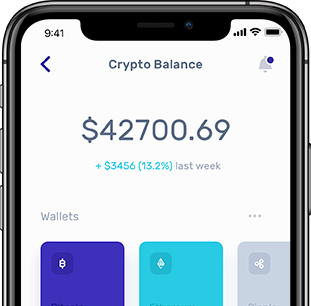Day trading and investing are two different disciplines and the financial vehicles best suited to each are not necessarily the same.
What Is a stock?
A stock gives the owner part ownership of a company. Often this means that the shareholder is able to vote at company meetings and receive a payment from the profits, known as a dividend. The value of the stock fluctuates according to company performance or the economy in general.Stocks are said to be more risky than ETF's due to their value being tied to just a single company. To lessen this risk investors and traders must buy shares in many different companies which brings additional complications due to the increased level of research required.
What Is an ETF?
An ETF is a professionally managed portfolio of assets, widely diversified to minimise volatility and risk. The manager will buy and sell stocks, commodities and bonds depending on the fund’s goal, and adjust as necessary.ETF’s are typically focused on a specific economy, often global, or a particular industry sector. Currencies and bonds are other options; the choice is almost endless.
How Are Stocks and ETF’s Similar?
Both are traded on an exchange offering high liquidity and full transparency. This is in contrast to investments such as real estate and mutual funds where pricing is often unclear.Stocks and ETF’s both have the same wide range of investment options, many of which pay out dividends.
Advanced traders can even buy options to short sell both ETF’s and stocks to be able to profit from price reductions as well as increases.
Which Is Best for Day Trading?
This depends on the risk tolerance of the trader as well as experience level. High volatility is generally associated with higher potential profits but also potential losses.Trading in individual stocks will see potentially wide price movements while an ETF generally won't see vicious swings unless there is catastrophic news due to high diversification.
One reason why day traders may prefer stocks is that research conducted into a single company will yield greater rewards than simply trying to follow an entire economy, currency or industry sector.
To buy shares in an ETF means that the trader is already paying a fund manager to choose the stocks and shares. This isn't to say that ETF’s cannot be traded, it's just that the rewards will be limited.
So in summary, ETF’s are a great way to reduce volatility and risk but potential profits are reduced. Day trading inherently comes with risk anyway so there is no need to shy away as long as proper research is conducted along with a proper trading plan.













